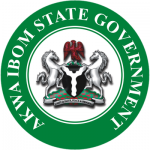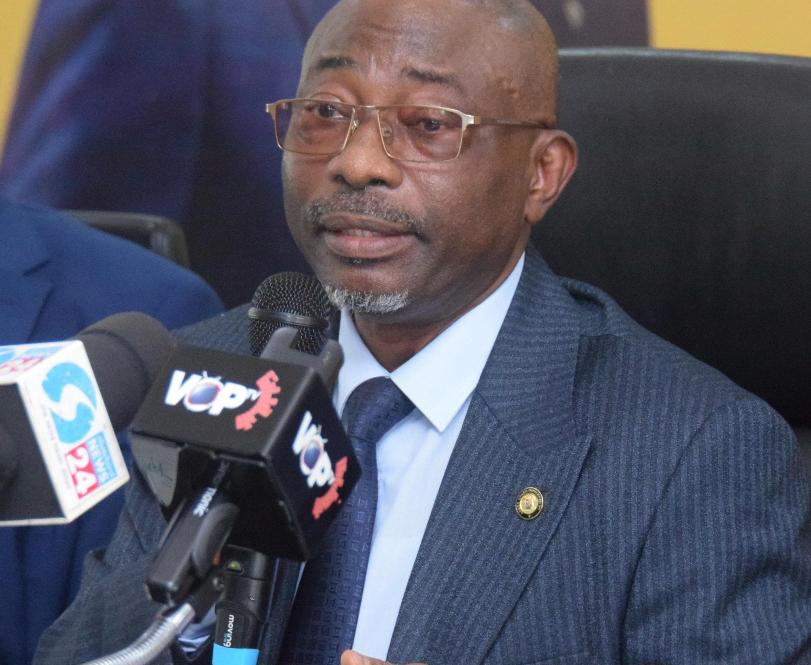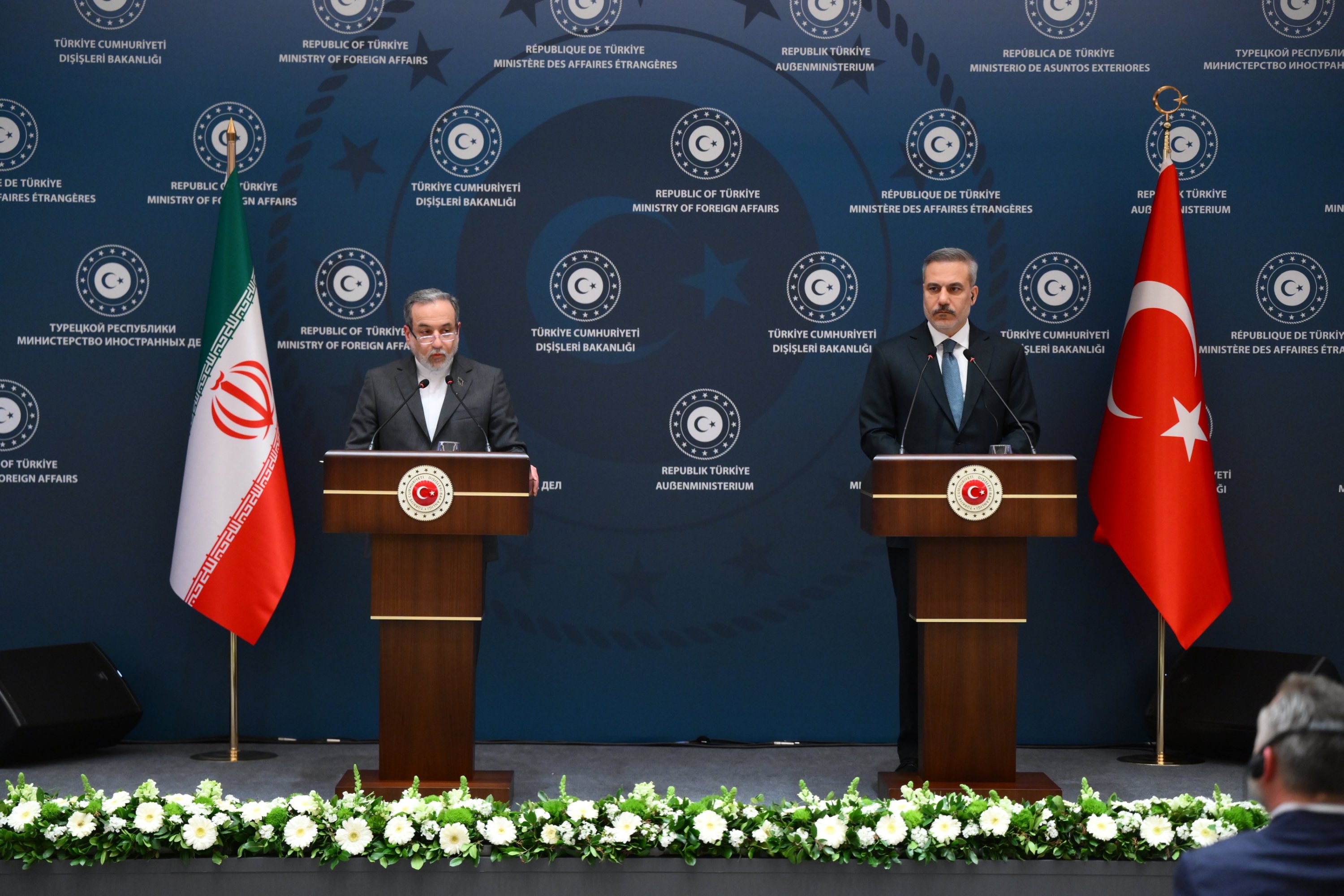Researcher unveils findings on Lagos developmental issues

-Says sanitation not prioritised as no LGA is open-defecation free yet
The African Cities Research Consortium (ACRC), a multi-city research project, has concluded its research on key sectors of socio-economic development of the city of Lagos, revealing causes of, and providing solutions to seemingly intractable developmental challenges confronting the state.
The key findings of the research were presented recently by the consortium’s City Lead and Professor of Urban Development and Governance at the University of Lagos (UNILAG), Akoka, Taibat Lawanson, during the 2023 edition of an annual education summit by the Education Writers’ Association of Nigeria (EWAN), a body of journalists reporting educational matters in Nigeria and beyond.
The research, according to Professor Lawanson, was titled: “Lagos City of Systems: Food Security, Health and Safety, Environmental Sustainability”.
READ ALSO: Waiting for FG to end insecurity in the North self…
She said the project, which is currently being undertaken across 12 African cities, “presents an opportunity for researchers and practitioners to work together to achieve a shared understanding of the political economy of African cities in order to identify and address the critical challenges the cities are facing.”
She said the project’s aim is to generate insights and evidence that will help improve the living conditions, services and life chances of all city residents, particularly for disadvantaged communities.
She said it is an investment by the Foreign, Commonwealth and Development Office (FCDO) of the United Kingdom, which is targetted at funding “new, operationally-relevant research to address intractable development challenges in African cities”.
According Professor Lawanson, the project’s domains of interest in Lagos are structural transformation, safety and security, neighbourhood and economic district development and housing.
She said researchers have been working over the last two years and have identified priority complex problems which she pledged will be addressed through action research and advocacy over the next five years.
“All Priority complex problems align with the Lagos State Economic Development Plan (2032 – 2052) and the THEMES+Agenda of the Lagos State Government,” she said.
Key Findings
The don, who listed some emerging findings in the Lagos city which she noted cut across nine city systems and four domains of the research focus, said from healthcare sector to transportation, water and sanitation, waste management, energy, food distribution, finance and ICT, law and order, and education, the research offered recommendations to address obvious gaps.
On the healthcare sector, Professor Lawanson said the term “spatial injustice” refers to the city’s unequal distribution of health facilities and personnel, even as she said the distribution is skewed towards Lagos Island, a highbrow area.
She added that brain drain within the healthcare sector has led to an exodus of health workers from the state abroad, adding that the state’s paper-based record system made it difficult to get real-time disease surveillance systems in the city.
She said her team raised some fundamental questions about reconciling the brain drain and what interventions are necessary to mitigate against the impact.
The researcher said: “We also considered how healthcare facilities could be more equitably distributed; the role of technology in health management; the effect of the commodification of healthcare on healthcare mandate, and the impacts of the infrastructural gains of COVID-19 on the healthcare infrastructure in Lagos “given extensive investments across the board and Lagos, being a beneficiary of so many health funds towards addressing the pandemic.”
Also, the researcher said Lagos State has a daily water demand of 3.83 billion litres per day as of 2021 but that only 40 per cent of this is provided by the Lagos Water Corporation (LWC) daily, and that less than 16 per cent of the population gets water from the corporation consistently.
She said informal service providers, “especially at community levels are either unrecognised or criminalised, even though informal water provisioning is more reliable- though largely unsafe.”
“Despite official rhetoric, sanitation is not prioritised and no LGA in Lagos State has been declared open-defecation free. There are no clear operational procedures, technologies, facilities, and safety mechanisms in place to oversee sanitation work or workers, and workers have limited access to occupational health and safety protection measures,” the research further noted.
She advised the government to consider reconciling what she described as the position of “water as an economic good and the view of civil society of water as a social justice.”
“How can we recognise, upscale, and regulate the activities of local water and sanitation service providers? This is because unlocking the potential of those who work in the sector will catalyse improvement in that sector,” she added.
Waste management
The professor said the research revealed that 50 per cent of waste generated in Lagos is food waste, noting that though the city has the longest history of organised solid waste management in Nigeria, “it has been unsuccessful with waste separation from source.”
“The research identified huge informal sector participation in the waste sector, though with recurrent prohibitions by official waste regulators, and found plastics and recyclable products as an emerging resource, largely driven by informal actors.”
To address the concerns around waste management, the researcher suggested “mainstreaming the process of informal waste worker formalisation, especially waste pickers, recyclers, dumpsite sorters, among others.”
Reviewing the recommendations after the presentation, a Professor of Environmental Law and former Vice-Chancellor of Lagos State University (LASU), Olanrewaju Fagbohun, said apart from the fact that the report is comprehensive, it is captured in very simple language “and you have broken it down into the different sectors.”
He said as an outcome of empirical studies, the recommendations must be embraced by all, “particularly the state government.”
“If we are going to implement this document, government must be ready to invest in it, and no investment will be too much if we consider the focus as a sustainable city. We must therefore consider participatory cooperative research approach and knowledge cocreation so that the local communities can be carried along,” Mr Fagbohun said.
Government reacts
Reacting on behalf of the Lagos State Commissioner for Basic and Secondary Education, Jamiu Alli-Balogun, the Director of Education Resource Centre, Omolayo Akinlade, thanked the consortium for the efforts, and pledged the support of the state in the implementation of the recommendations.










